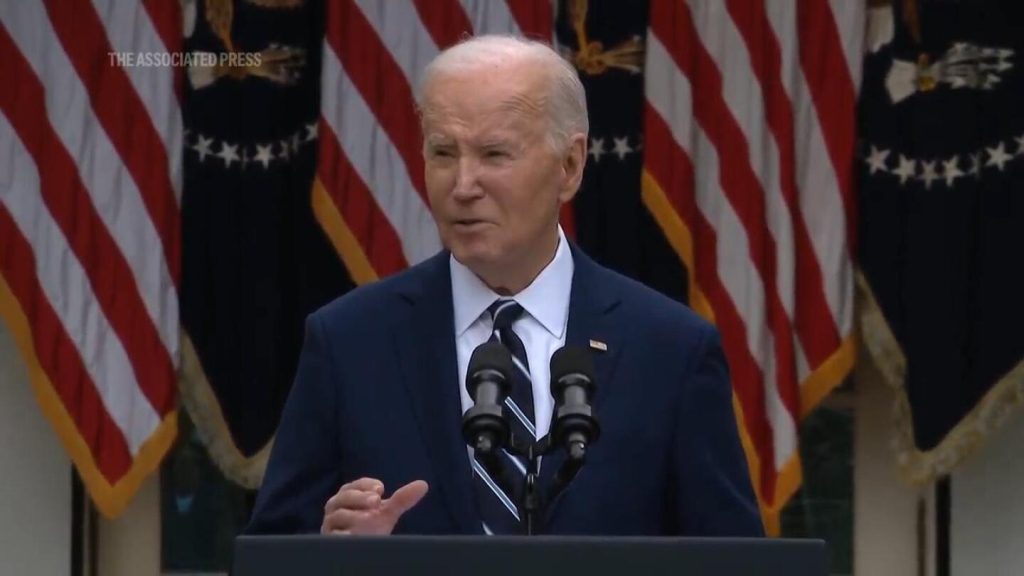President Joe Biden has implemented new tariffs on Chinese electric vehicles, advanced batteries, steel, aluminum, and other goods, escalating tensions between the United States and China. The move is part of a broader strategy to address issues such as intellectual property theft and forced technology transfer. This decision comes at a time when relations between the two countries are already strained, with disagreements over trade practices and human rights abuses. The new tariffs could have significant implications for both economies, impacting industries such as automotive manufacturing and renewable energy.
The decision to impose tariffs on Chinese goods reflects President Biden’s commitment to taking a tough stance on trade issues with China. The administration has identified sectors such as electric vehicles and advanced batteries as key areas where China has gained a competitive advantage through unfair trade practices. By imposing tariffs on these products, the US aims to level the playing field for American companies and protect its domestic industries. However, the move is likely to provoke a strong response from China, further escalating trade tensions between the two countries.
The implementation of new tariffs on Chinese goods is likely to have wide-ranging effects on both countries’ economies. In the US, industries that rely on imported materials from China, such as automotive manufacturing and renewable energy, could see increased costs and disruption to their supply chains. This may lead to job losses and reduced competitiveness for American companies in these sectors. On the other hand, China is likely to retaliate with its own tariffs on US goods, affecting industries such as agriculture and technology.
The decision to impose tariffs on Chinese goods comes at a time when relations between the two countries are already strained. The Biden administration has expressed concerns about China’s trade practices, intellectual property theft, and human rights abuses. By taking a tough stance on these issues, the US aims to pressure China into changing its behavior and leveling the playing field for American companies. However, the move is likely to escalate tensions between the two countries, risking a broader trade war that could have significant implications for the global economy.
The new tariffs on Chinese goods could shape the future of US-China trade relations and have a lasting impact on both countries’ economies. The Biden administration is facing pressure to address long-standing trade grievances with China, while also protecting American industries from unfair competition. The decision to impose tariffs on key sectors such as electric vehicles and advanced batteries reflects a strategic approach to addressing these challenges. However, the move is not without risks, as it could lead to further retaliation from China and damage to the global economy.
Overall, President Biden’s decision to impose tariffs on Chinese goods is a significant development in US-China trade relations. The move reflects a broader strategy to address issues such as intellectual property theft, forced technology transfer, and unfair trade practices. While the new tariffs are intended to protect American industries and level the playing field for domestic companies, they also risk escalating tensions between the two countries and could have far-reaching consequences for the global economy. As the situation unfolds, stakeholders in both the US and China will be closely watching to see how the trade dispute evolves and what impact it has on their industries and economies.


